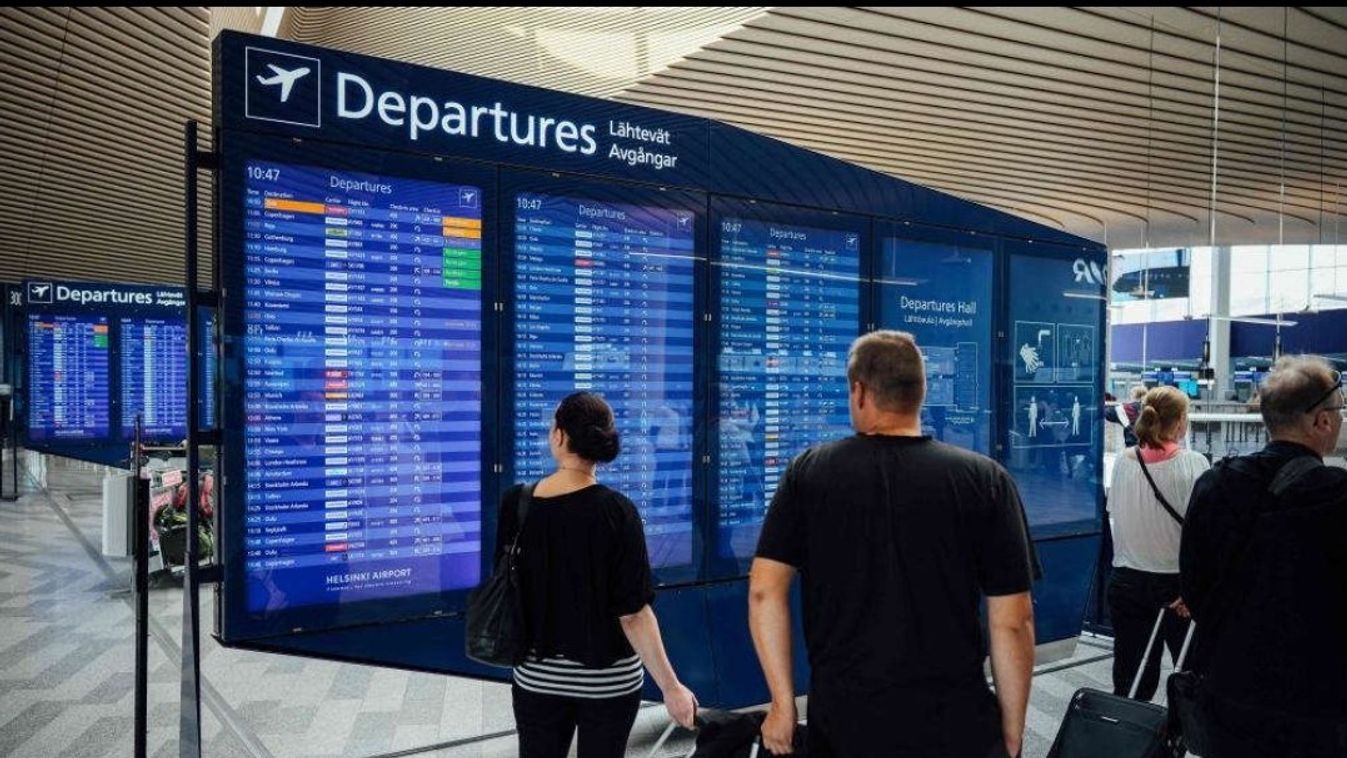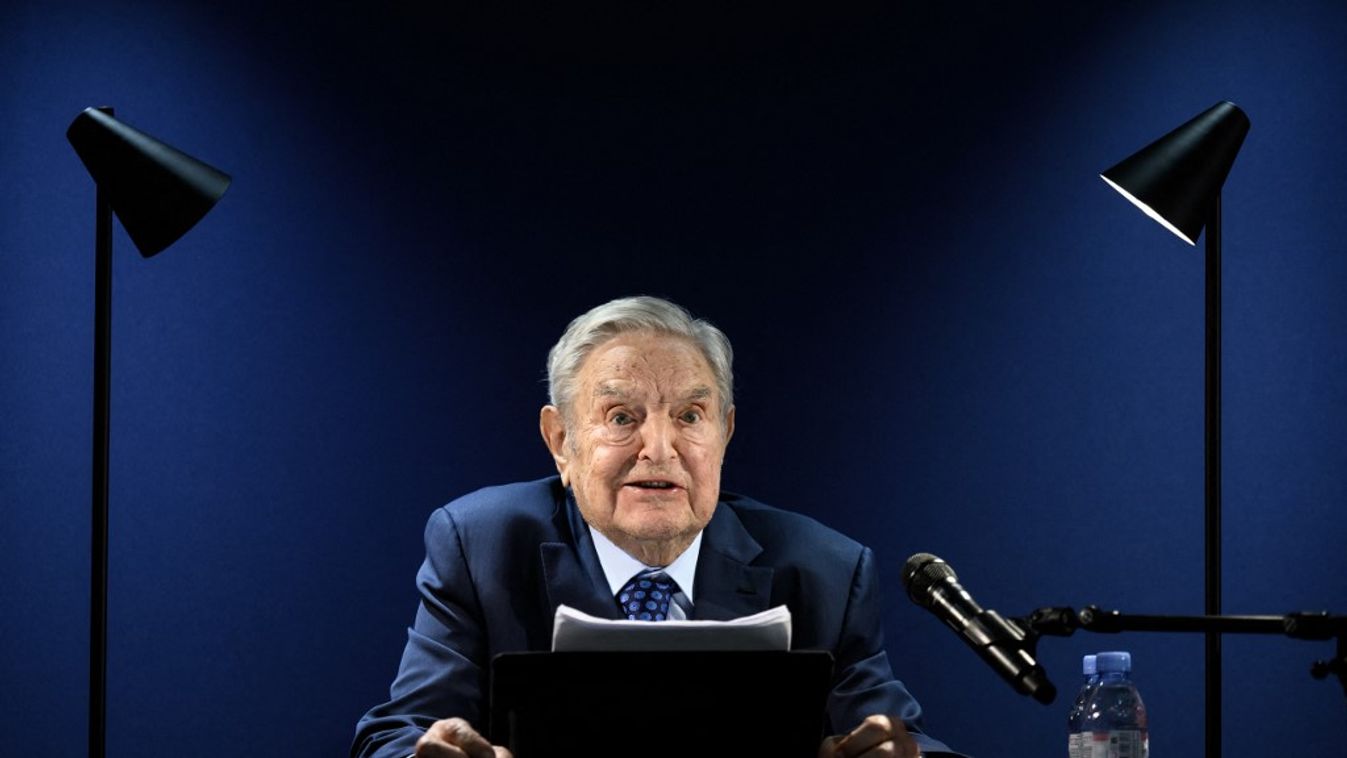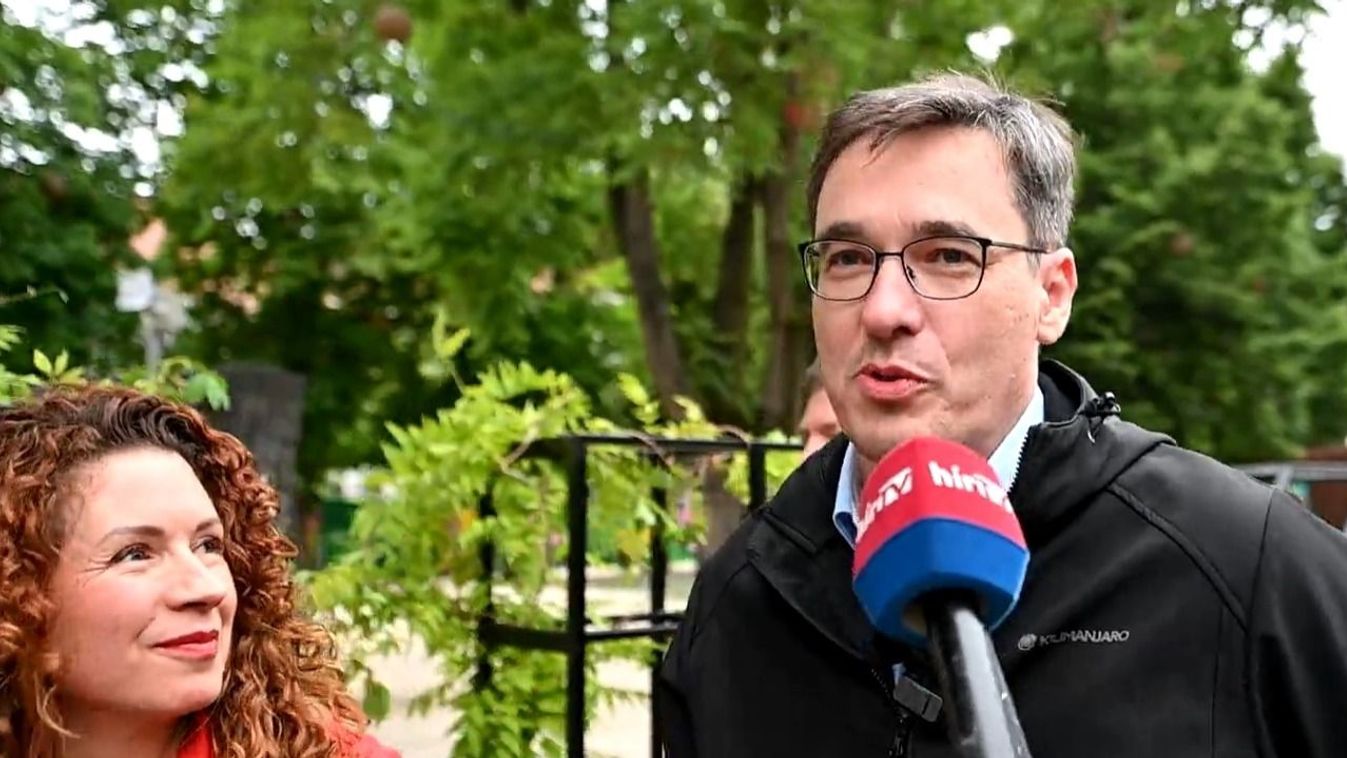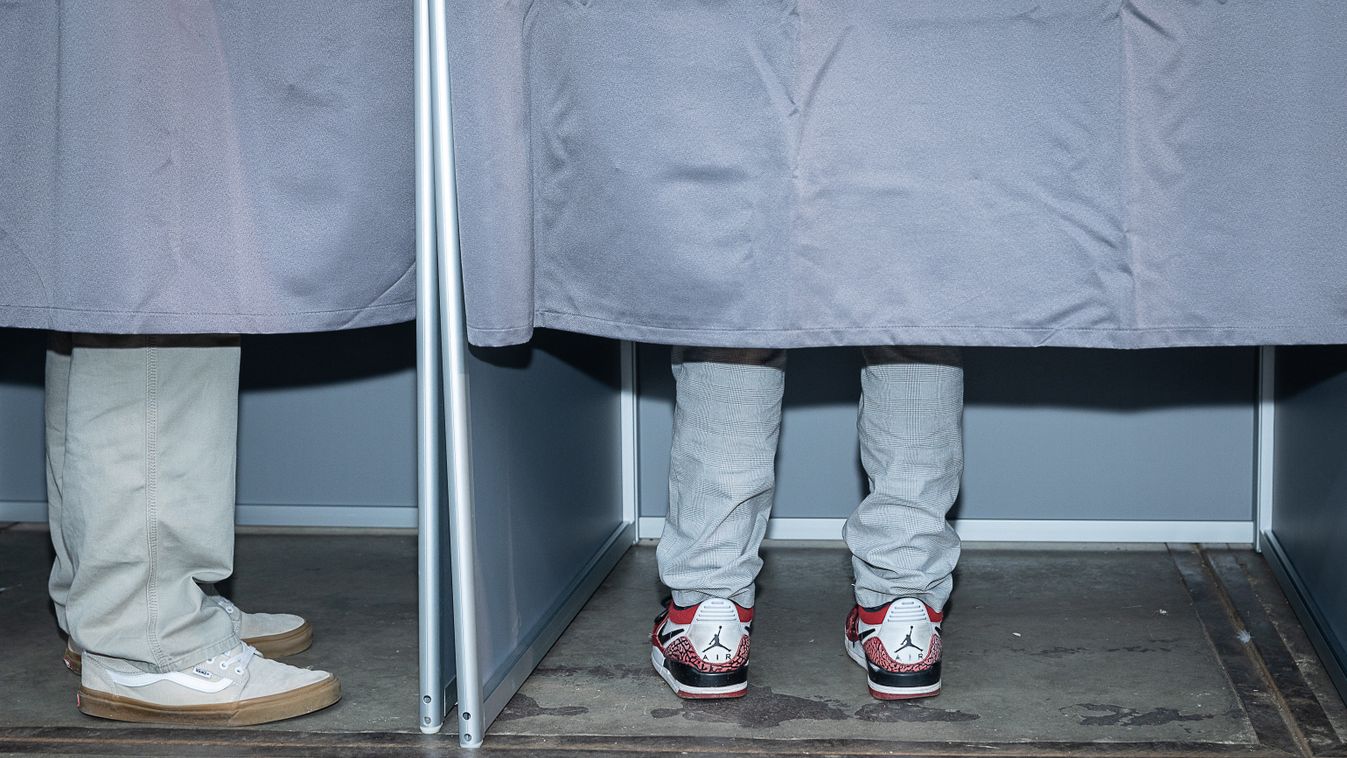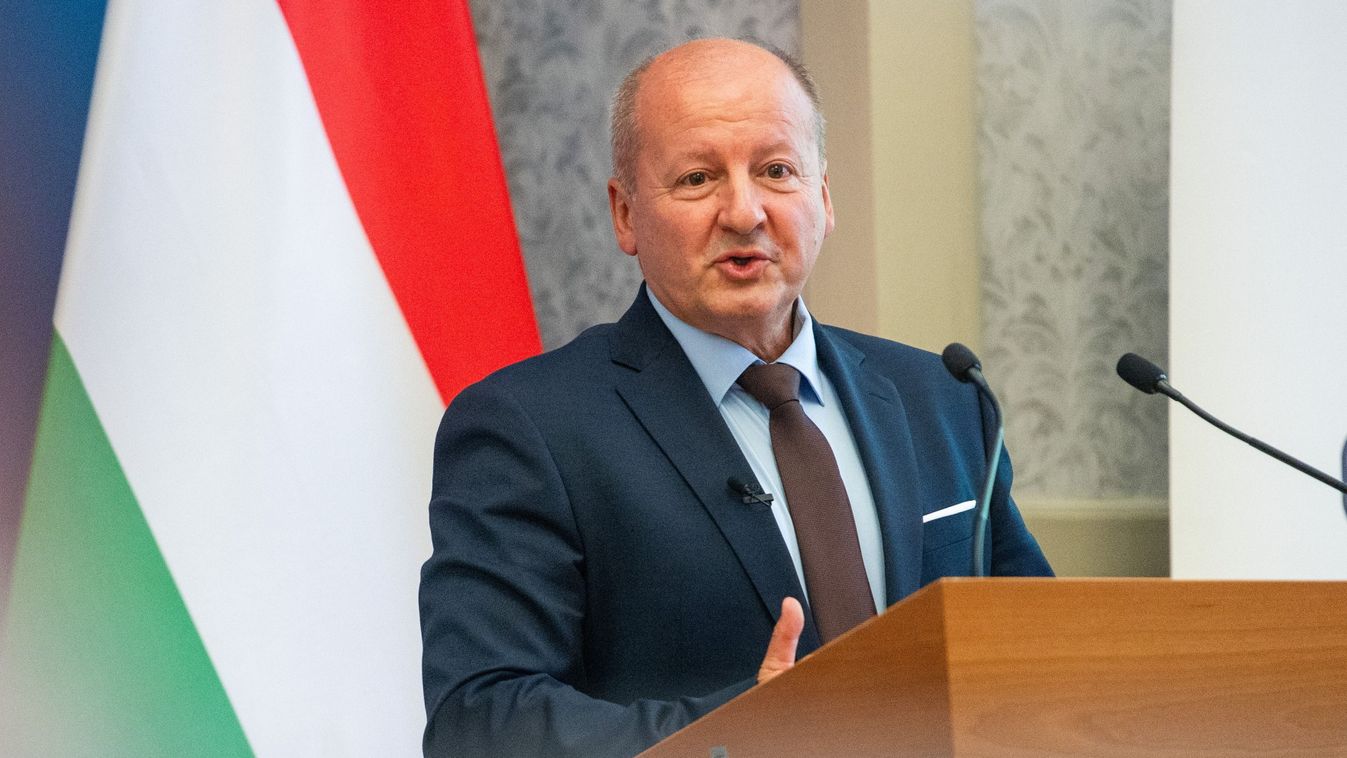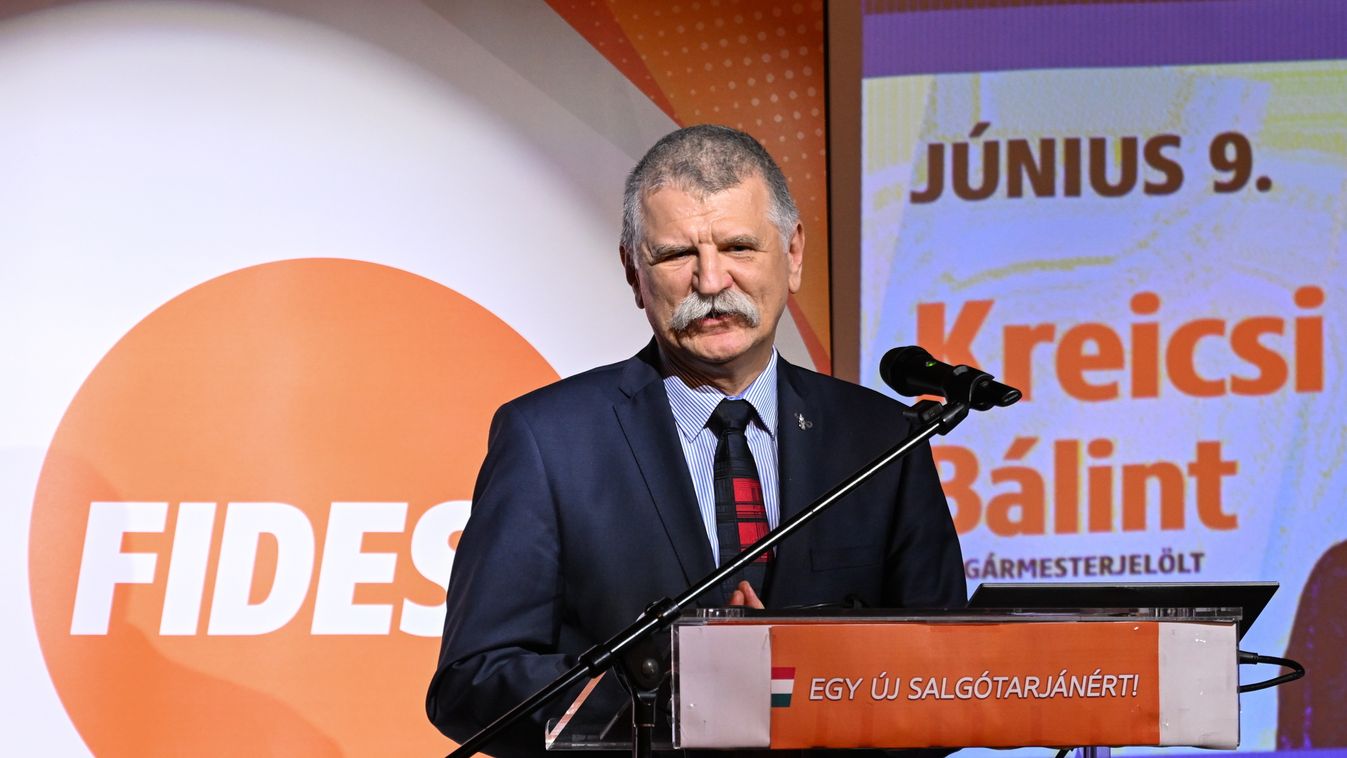While Europe is being flooded with American tourists, with 55 percent more overseas tourists coming to the old continent this summer than last year, the number of Russian tourists is diminishing in Europe, according to an analysis by insurance and financial services provider Allianz.
According to the Association of Tour Operators of Russia (ATOR), there were 84 percent fewer tourists in Europe last year than before the war, and estimates are that this year will be no different.
Although the European Union does not apply a general ban on issuing Schengen visas to Russian citizens, the fast-track visa issuing system has been suspended and the visa fee has been raised to €80. However, several member states - mostly from the Baltic, and those in northern and eastern Europe - have implemented more stringent measures at their own discretion.

